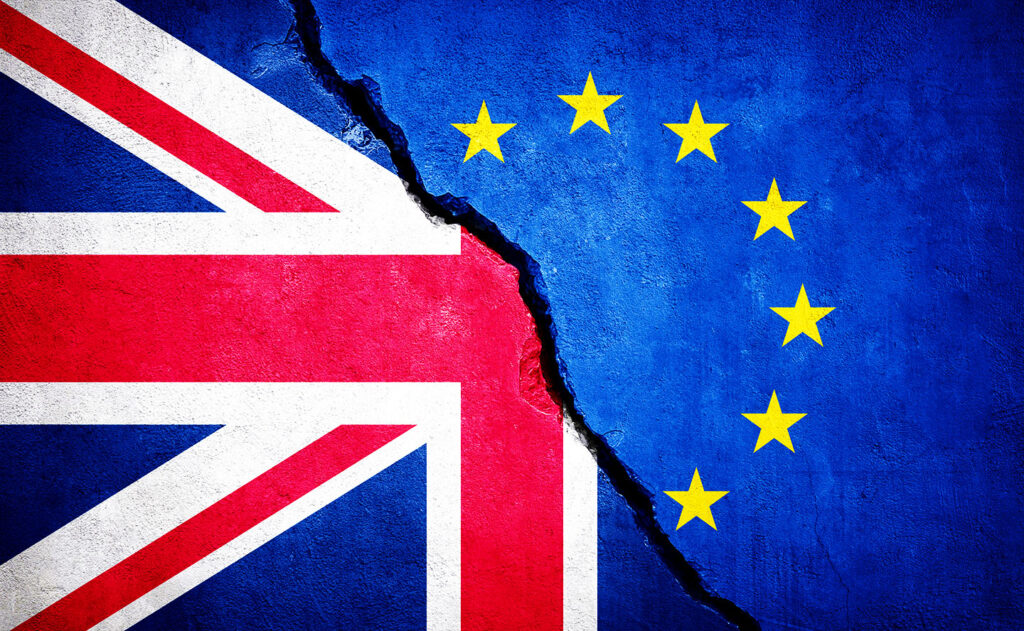
Table of Contents
British Citizens in the European Union: Past, Present, and Future in the Context of Brexit
Introduction
The withdrawal of the United Kingdom (UK) from the European Union (EU) has profoundly altered the legal status of British citizens residing in EU Member States. The Treaty on European Union in 1992 (commonly known as the Maastricht Treaty) introduced the concept of EU citizenship, a complement to, not replacement for, national citizenship of the Member States. After Brexit British nationals were reclassified as third-country nationals.
This article examines the legal trajectory of British citizens in the EU, beginning with their status as EU citizens, moving to the transitional protections of the Withdrawal Agreement (2019), and finally exploring future legal and policy scenarios.
Historical Context: British Citizens as EU Citizens
The European Union Treaty (TEU, Maastricht, 1992) created the concept of Union citizenship (Article 20 TFEU). UK nationals automatically became EU citizens, enjoying freedom of movement and residence across the Union. These rights were concretized through Directive 2004/38/EC (the “Citizens’ Rights Directive”), which allowed EU citizens to:
- reside in other Member States for work, study, or retirement;
- acquire permanent residence after five years;
- claim equal treatment with host state nationals.
The European Court of Justice (ECJ) expanded these rights in landmark cases such as Baumbast (C-413/99, 2002), confirming residence rights even without comprehensive health insurance, and Zhu and Chen (C-200/02, 2004), affirming derivative rights for family members of minor EU citizens.
By 2019, around 1.3 million UK nationals lived in EU Member States. Spain alone hosted over 300,000, predominantly retirees, while France, Germany, and the Netherlands attracted professionals, entrepreneurs, and students. These populations benefited not only from mobility but also from participation in municipal and European elections under Directive 94/80/EC and Directive 93/109/EC.
Present Legal Status: Post-Brexit Framework
The UK-EU Withdrawal Agreement (2019, OJ L 29, 31.1.2020) ensures that British citizens lawfully resident in an EU Member State before 31 December 2020 retain their residence and social rights. Core protections include:
- Article 13 WA: residence rights under conditions of Directive 2004/38/EC
- Article 15 WA: acquisition and retention of permanent residence
- Article 23 WA: equal treatment with nationals of the host state
- Article 18 WA: administrative procedures for residence documents (constitutive or declaratory systems)
- Declaratory systems (e.g., Ireland, Italy) automatically recognized WA rights.
- Constitutive systems (e.g., France, the Netherlands) required UK nationals to apply for a new status (“carte de séjour – accord de retrait”).
- they no longer enjoy intra-EU free movement;
- recognition of UK professional qualifications ceased under Directive 2005/36/EC;
- voting rights in municipal and EP elections were lost, except where bilateral agreements (e.g., Spain, Portugal, Luxembourg) preserved them.
Challenges Facing British Citizens in the EU
- Legal Uncertainty and Administrative Burdens: Divergent national procedures created confusion, delays, and, in some cases, risk of irregular status.
- Loss of Voting Rights: Britons lost the right to vote in municipal and European Parliament elections in most Member States (except where local/national bilateral arrangements exist, e.g., in Spain and Portugal).
- Healthcare Access: While WA protects social security coordination, healthcare coverage for mobile citizens has become more complex.
- Cross-Border Families and Workers: Family reunification rules are narrower, and cross-border workers face hurdles not present pre-Brexit.
Future Perspectives
Over time, many Britons are likely to naturalize in their host countries to regain EU citizenship and mobility rights. Naturalization rates of UK citizens in Germany and France have already risen sharply since 2016.
Future bilateral treaties may soften the loss of rights. For instance, the UK and certain EU states (e.g., Spain, Portugal, and Luxembourg) have concluded reciprocal voting agreements. More tailored deals concerning mobility, pensions, and healthcare may follow.
While unlikely, the EU could consider broader frameworks for third-country nationals with special historical ties (akin to the status of EEA/EFTA states). However, this depends heavily on the evolution of UK-EU relations.
The younger generation of Britons abroad may face diminished mobility and employment opportunities compared to their predecessors. Dual nationality, European schools, and pan-European advocacy groups may mitigate these losses.
Conclusion
Brexit marked a profound shift in the legal and personal status of British citizens living in the EU. From full EU citizens enjoying seamless integration, they became third-country nationals with limited rights preserved under the Withdrawal Agreement.
While those settled before 2021 retain substantial protections, the loss of free movement has fragmented their legal position and constrained future opportunities. The long-term outlook is likely to be characterized by a combination of individual adaptation (through naturalization and integration) and incremental bilateral or sectoral agreements.
The story of Britons in the EU thus reflects both the fragility and resilience of rights tied to supranational citizenship.
